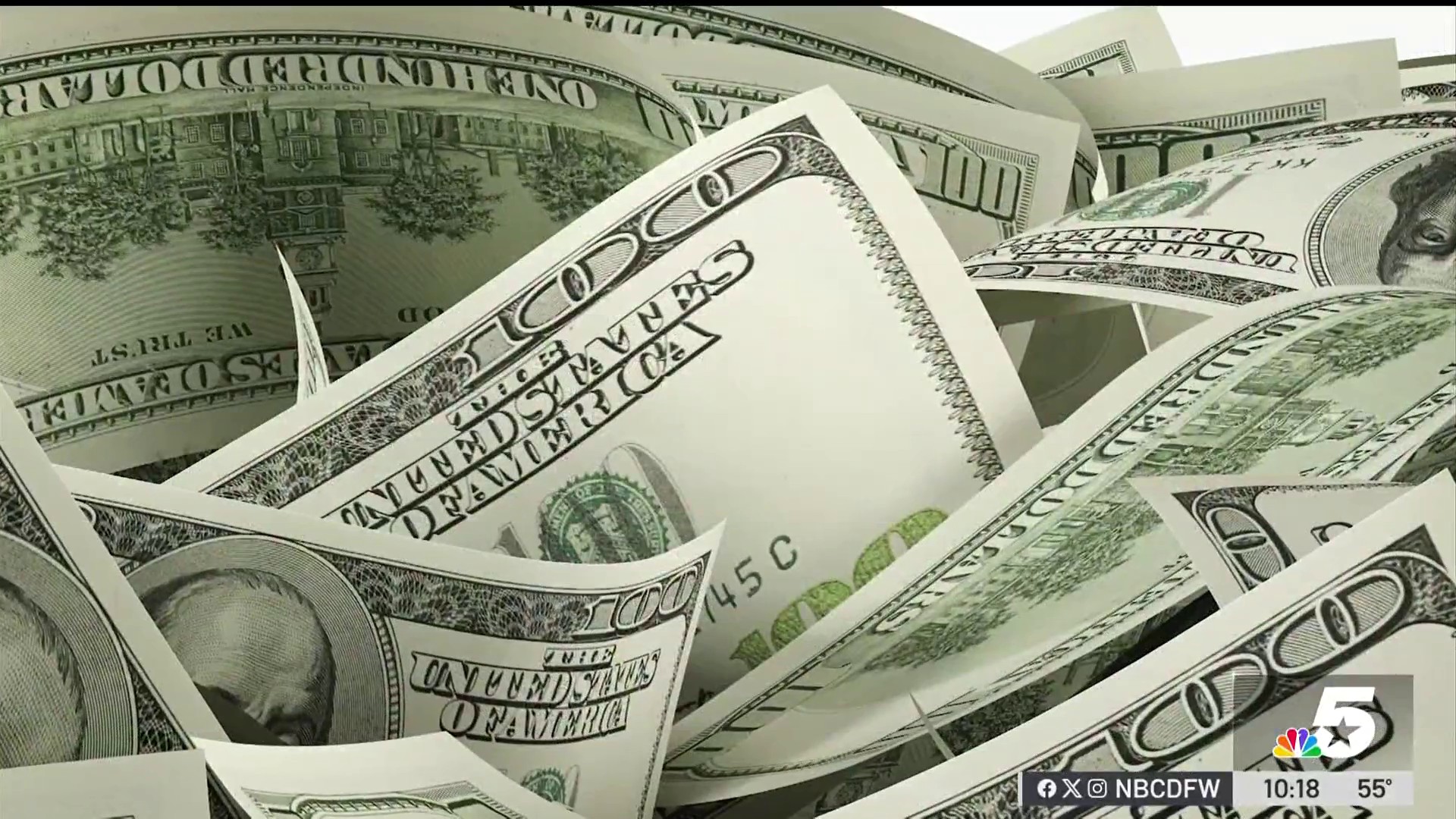If your resolutions include saving more money and chipping away at credit card debt, read on for expert advice about where to start.
SAVINGS FUND
“This is the best time of the year to think about what do I want to do in 2025?” said Diana Lozada, financial advisor for Metrocrest Services.
Lozada says she tells clients to start with a savings goal, "Number one is to build a savings emergency fund.”
Get top local stories in DFW delivered to you every morning. >Sign up for NBC DFW's News Headlines newsletter.
It may seem out of reach if you’re stretching to pay bills already in your mailbox. Lozada said emergency savings tops her list for a good reason.
“There's always something,” said Lozada. “Having that money ready, so you don't have to use credit. That's the reason that we use credit many times, for emergencies.”
She said you can aside a little from every paycheck by preauthorizing a transfer directly to savings. Even with the Fed cutting interest rates, a high-yield savings account may be an option. Just be clear on the interest rate, any minimum deposit requirements and other fees.
SNOWBALL AND AVALANCHE STRATEGIES
Average interest rates have been around 20 percent for credit cards. If you’re carrying this type of debt across multiple credit cards, there are a couple of ways to tackle it. The snowball and avalanche methods.
“The avalanche strategy is to pay the credit card that has the highest interest rate,” Lozada explained.
The avalanche approach means paying more towards the highest to lowest APR while still making all the other minimum payments. The goal would be to pay less overall interest.
The snowball method focuses on the smallest balance first. Lozada explained it can feel motivating to settle a debt and move on to the next one.
If your credit is good, Sara Rathner, personal finance expert with NerdWallet said consumers can shop around for a balance transfer credit card. It allows you to move debt onto a card with a zero percent interest promotion for a period of time.
“If you pick a card, you're probably going to be subject to a balance transfer fee. These are typically 3 to 5% of the balance that you transfer over. So that's something to budget for,” Rathner said.
Consider whether you could actually pay the debt during the zero percent interest promotion and understand the credit limits on a new card.
“If you have $10,000 worth of credit card debt, but you are only granted a $500 credit limit, that's not going to make a huge dent on your debt,” said Rathner. “It might not be worth paying that balance transfer fee and moving the debt over.”
If that’s not an option, Rathner said to look into the possibility of qualifying for a personal loan with a lower interest rate.
Set aside a few minutes to review your credit reports. Make sure they’re accurate. If the reports are not accurate, it could cost you. Consumers go to this website to get started. The three major credit reporting bureaus have made reports available for free, weekly.
BUILDING A BUDGET
Preparing an overall spending budget is also key. There are budgeting apps that help you track income and spending in one place. Some apps are free. The Consumer Financial Protection Bureau offers this tool to get started.
Rathner said to build flexibility into your budget. Know there will be unexpected expenses because of setbacks or celebrations. Rathner stressed moderation to help stick to your money goals.
“I think that's really important because when you deprive yourself of the things you love to do, it becomes really hard to meet your goals because once you allow yourself to do those things again, you're going to overdo it,” said Rathner.
NBC 5 Responds is committed to researching your concerns and recovering your money. Our goal is to get you answers and, if possible, solutions and a resolution. Call us at 844-5RESPND (844-573-7763) or fill out our customer complaint form.
Get top local stories in DFW delivered to you every morning. Sign up for NBC DFW's News Headlines newsletter.



